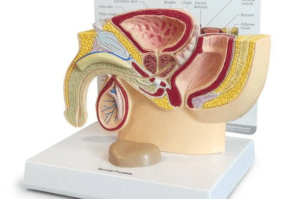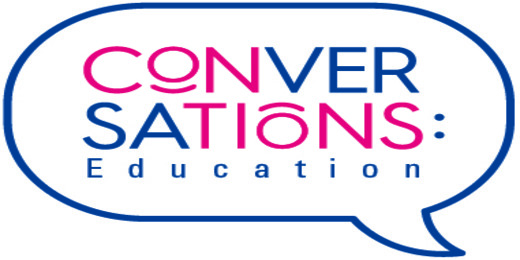
Code of Ethics in Healthcare Interpreting (T&I in Healthcare Settings)
Description
This module presents an overview of ethical principles as they apply to various healthcare settings. It will discuss possible ethical dilemmas in both the general healthcare setting and the mental healthcare setting.
Who would this be useful for?
This course will cover the following items:
Understanding the AUSIT/NZSTI Code of Ethics
Grey areas
Ethical Principles Relevant to Health
Migrant and Refugee Settings
Mental Health Interpreting Guidelines (Language Loop/Monash University)
Knowledge of the guidelines
Ability to respond accordingly
Course outcomes
Knowledge
The AUSIT (2012) Code of Ethics
Awareness of grey areas in the AUSIT (2012) and NZSTI (2013) Code of Ethics and Code of Conduct, especially as they relate to the healthcare setting.
Some ethical dilemmas related to working in migrant and refugee settings, especially when working with patients from communities where everyone knows one another.
Some of the Do’s and Don’ts of working in mental health settings.
Awareness of the possibility of transference and counter transference.
How to work with other interpreters in terms of sharing interpreting choices and knowledge of therapeutic frameworks without impacting on patient confidentiality.
Awareness of the many different aspects of communication (both on the part of the patient and the (mental) health professional) that need to be considered for an accurate rendition.
Skills
Apply the different principles of the AUSIT Code of Ethics in a range of healthcare settings.
Maintain accuracy in mental health settings where the patient is not making any sense.
Work with mental health professionals and patients, while being aware of the many ethical considerations that may affect accuracy









































